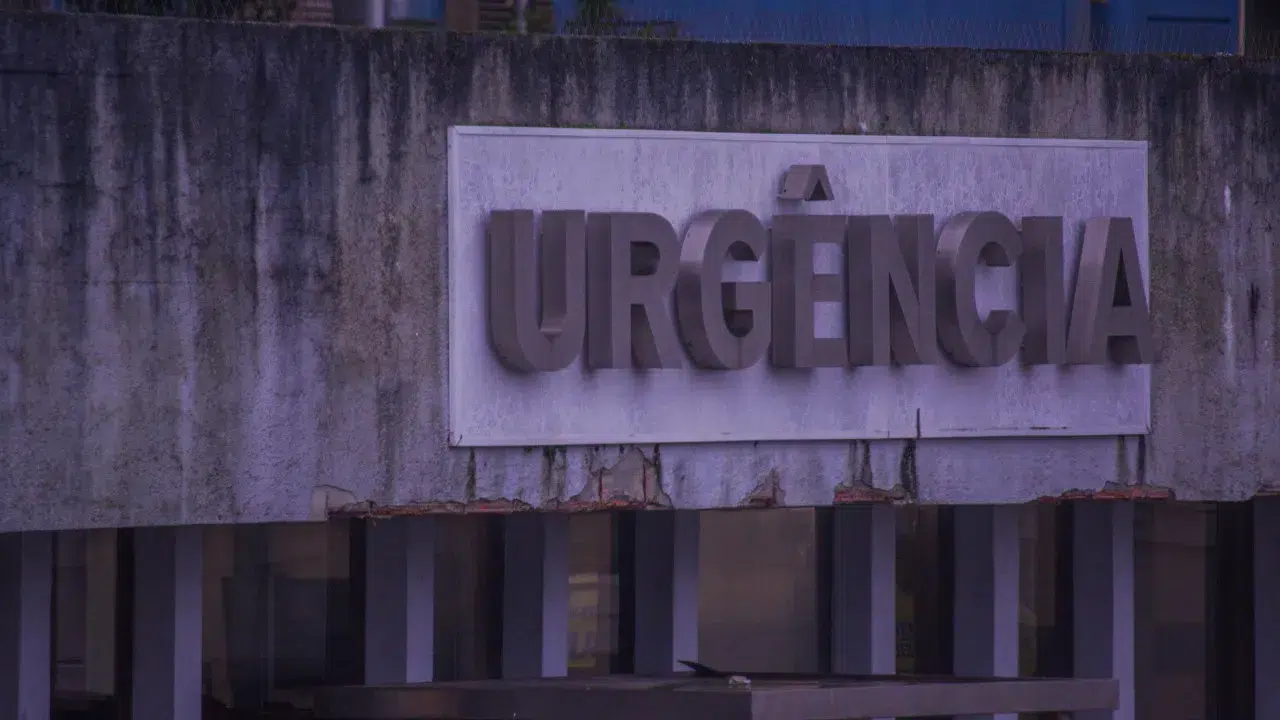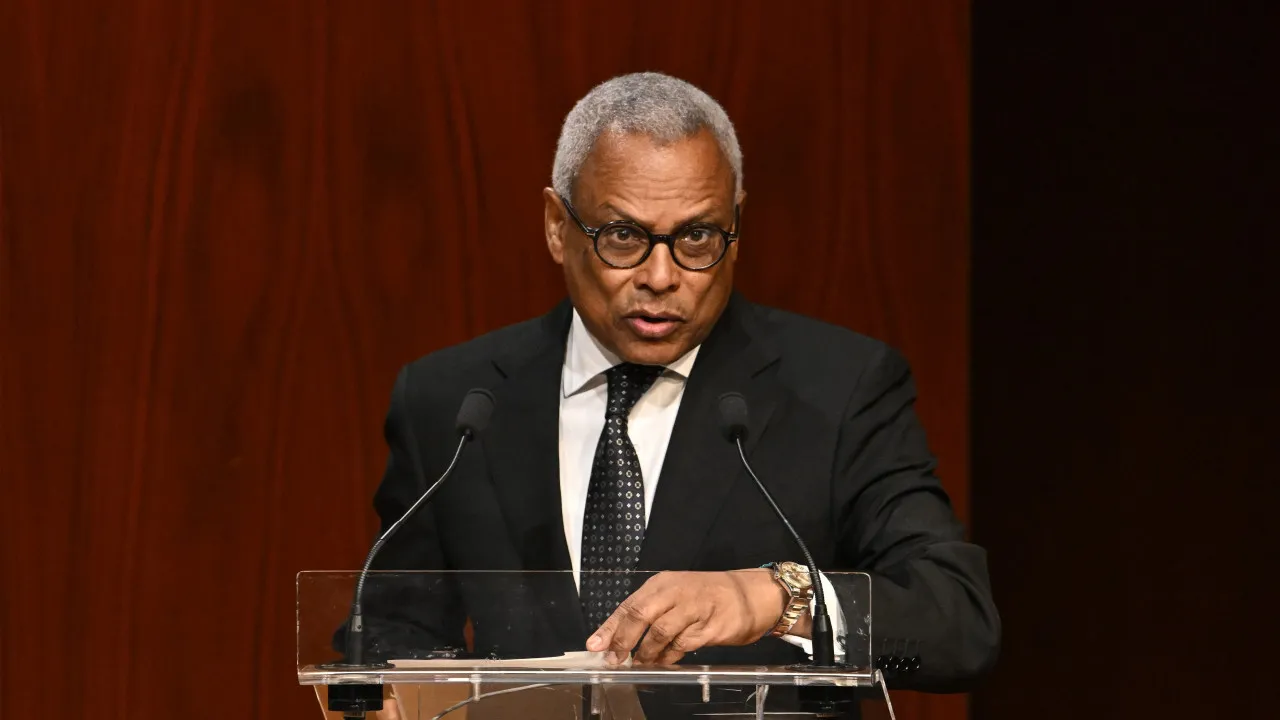The Independent Union of All United Nurses (SITEU) told the Lusa news agency today that membership of the strike to demand parity with the senior technical career in the Public Administration was between 80 and 90%.
“With regard to the turnout on the mainland and on the island of Madeira, we are very pleased with the turnout and the determination of our colleagues, the nurses. Adherence in the institutions, on average, was between 80 and 90%. We had services at 50%, but [also] we had 100%,” said the union’s president, Gorete Pimentel, announcing a new strike for March 11.
On December 21, the nurses began almost two weeks of strike action, which has continued until today.
The strike was called by SITEU, which is demanding salary increases of 52 euros, in order to match the 1,333.35 euros that senior civil servants receive from level 16 upwards.
“It was a demonstration of widespread discontent on the part of the nurses, discontent at the way nurses who are graduates are treated, they are treated as if they weren’t,” he continued.
Gorete Pimentel, however, denounced that there were “lots of doctors” and “bosses and managers breaking the strike”, opening up services and “calling in nurses from home to replace strikers”.
“We’ve denounced all this and we have more complaints to make to ACT [the Authority for Working Conditions]. In Madeira, for example, we had managers tearing up the strike notice every time it was posted,” he said.
On the causes of the strike boycotts, the union leader accused Portugal of being “a small country” that has lived “for many years with the unions of the system”.
“Under the strike law, (…) no one can break a striker’s strike. He can’t be replaced, schedules can’t be changed (…). This has always been done and there have never been any complaints, because they are the unions of the system. When there’s a union that doesn’t belong to the system, this is done, but there will be consequences, I hope. There have been complaints and I will continue to make them,” he said.
Asked about possible new forms of struggle, the union official said that the nurses would start a new strike “the day after the elections” scheduled for March 10.
“We’re going to start a strike on March 11 and during the election campaign period we have actions planned, which I can’t say what they are (…) so as not to lose the character of surprise. This isn’t about one party specifically, or two. This has to do with all the parties that have parliamentary seats,” he said.
On the eve of the strike, Gorete Pimentel told Lusa that the issue had been raised with the Ministry of Health, which had promised to resolve the situation by the end of the year, but the government’s resignation had left the nurses without an answer.
Last month, a group of citizens, including doctors such as Sobrinho Simões and Júlio Machado Vaz, called on health professionals to suspend, until the new government takes office, forms of struggle that compromise patients’ access to healthcare.








